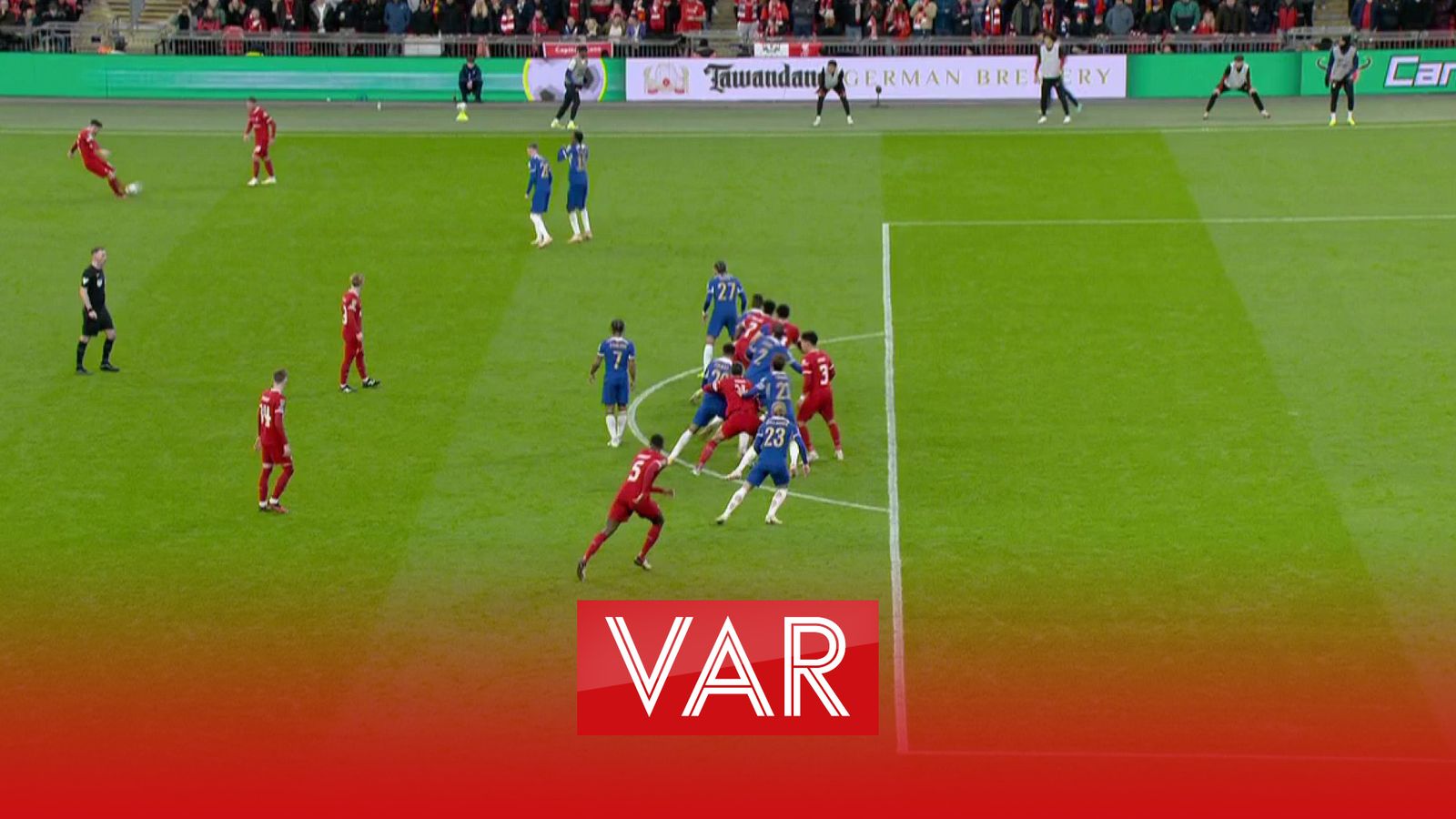
Boxing and Mental Health: How the Sport Provides Therapy and Redemption
Jody
- 0
Boxing has long been associated with physical toughness and strength, but the sport also has the power to provide therapy and redemption for those struggling with mental health issues. In recent years, boxing has gained recognition as a form of therapy that can help individuals cope with anxiety, depression, and other mental health challenges.
One of the reasons why boxing is effective in improving mental health is the intense physical activity involved in the sport. Boxing requires focus, discipline, and hard work, which can help individuals channel their energy in a positive way and release stress and tension. The physical exertion of boxing also releases endorphins, which are chemicals in the brain that act as natural painkillers and mood elevators.
In addition to the physical benefits of boxing, the sport also provides a sense of empowerment and confidence to its practitioners. Learning how to properly punch, block, and dodge in the ring can boost self-esteem and self-efficacy. This can be particularly helpful for individuals struggling with anxiety or low self-esteem, as boxing provides them with a sense of control and mastery over their bodies.
Moreover, boxing requires individuals to be present in the moment and focus on their movements and breathing. This mindfulness aspect of the sport can help individuals develop mental clarity and reduce rumination and negative thinking patterns. The discipline and routine of training in boxing can also provide a sense of purpose and structure to individuals who may be feeling lost or overwhelmed.
For many individuals, boxing serves as a form of redemption, allowing them to overcome past traumas or challenges. Some boxers have shared how the sport helped them overcome addiction, trauma, or other difficult experiences in their lives. Boxing provides a safe space for individuals to release their pent-up emotions and work through their struggles in a healthy and constructive way.
In recent years, there has been a growing recognition of the benefits of boxing in improving mental health. Some mental health professionals have even started incorporating boxing into their therapy sessions as a way to help their clients build confidence, improve self-esteem, and develop coping mechanisms for stress and anxiety.
Overall, boxing can be a powerful tool for individuals looking to improve their mental health and find a sense of therapy and redemption. The physical activity, empowerment, mindfulness, and sense of purpose that boxing provides can help individuals cope with their mental health challenges and build resilience in the face of adversity. As more people discover the therapeutic benefits of boxing, the sport is likely to continue to play a significant role in promoting mental health and well-being.


